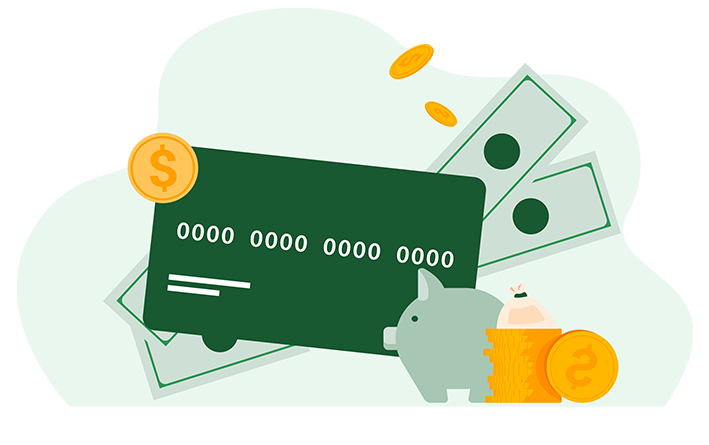Student Loan Debt
Before you borrow, it is essential to grasp how student loans function and how to make the most of them.

Borrow Wisely
To begin with, you do not need to borrow money, and the more you borrow, the more difficult it is to pay back. It may be challenging to comprehend what life would be like if you had student loan payments.
While those loans might help you achieve your goals in the long run, student debt might also be a significant burden.
Remember that you will have to repay all that money (plus interest) at some point in the future whenever you receive cash from a student loan.
HOW STUDENT LOANS WORK
Student loans are one-of-a-kind because they are created with the purpose of financing education. What distinguishes them from credit cards and other loans?

Relatively Low Costs
Student loans are frequently less expensive than other forms of financing that you may qualify for presently. The majority of loans also do not require payments while in school. In addition, the federal government offers protection for student loan borrowers that are not available with other types of loans. These include deferment and forbearance options, which allow you to postpone or reduce your payments if you experience financial hardship. Some student loans are even eligible for forgiveness after several years.

Easier Approval
Most students do not have high-paying employment or excellent credit scores. As a result, they might not be eligible for any loan other than a student loan. Although some credit problems may prevent you from receiving federal student loans, most do not require a minimum credit score. Student loans can assist you in establishing credit, so it is critical to pay on time to qualify for additional loans in the future.
Benefits at Payback Time
Borrower-friendly features, such as income-driven repayment plans, can help you manage your student loans more efficiently. Loans from government agencies are the most excellent option, but private lenders also offer flexible terms.

In-school deferment
Some loans offer a deferment or forbearance that allows you to focus on your studies until you've completed your education. During this time, the cost of unsubsidized loans may even be reimbursed, meaning your loan balance will not grow.

Unemployment
Unemployed deferment is available for many student loans, especially federal ones. You may suspend payments until you discover work in that situation.

Limited income
Student loans can alter your required monthly payments when your financial situation changes. You may avoid having to make excessive payments if you join an income-driven repayment arrangement.

Potential tax benefits
Your student loan interest may help you save money in taxes. However, the benefits may be limited by your income and other factors on your tax return.

Loan forgiveness
Under exceptional circumstances, you may be able to have your student loans wiped out entirely. After ten years of payments and employment in certain public-service professions, borrowers with federal student loans may apply for relief. Others on income-driven plans could qualify after 25 years—but canceled amounts would be taxable as income.
